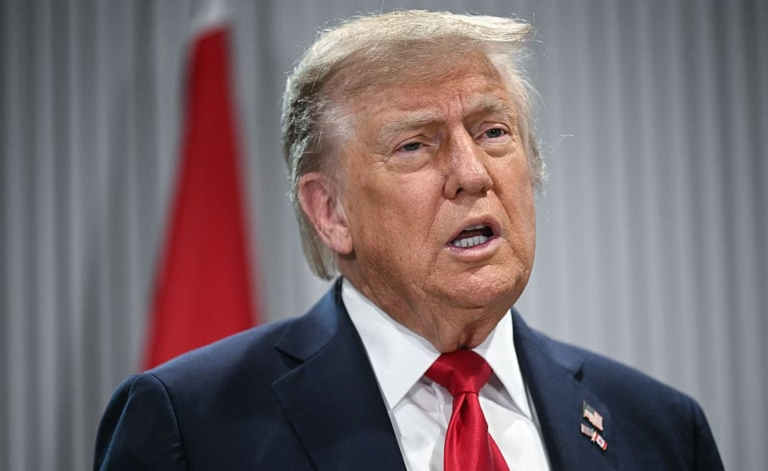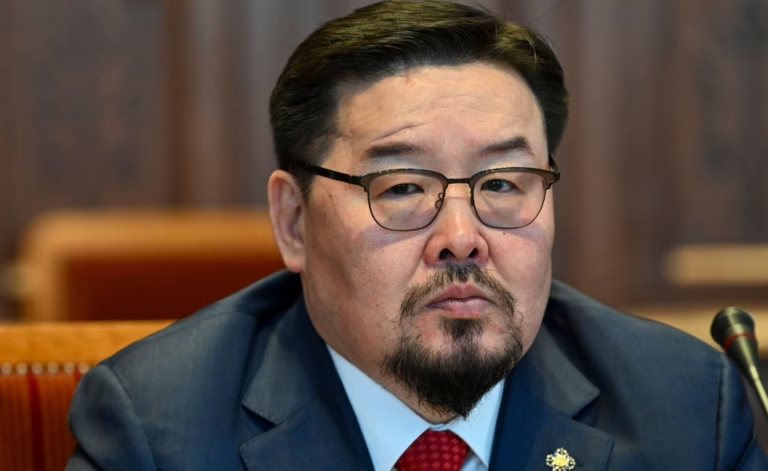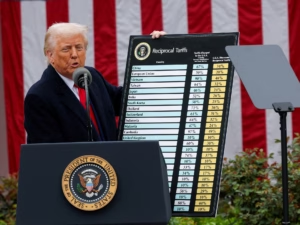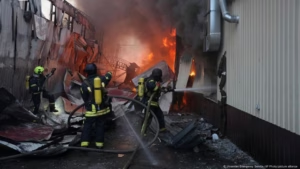The United States has revoked the visas of all South Sudanese individuals, stating that the South Sudanese government has failed to accept the return of its citizens in a timely manner. This decision could lead to South Sudanese being returned to a nation on the brink of civil war or being unable to seek sanctuary in the United States.
There was no immediate response from the South Sudanese government, which has struggled since gaining independence from Sudan in 2011 to provide basic services to its citizens. The country, which has a population of over 11 million, heavily relies on aid that has been severely impacted by the Trump administration’s decision to slash foreign assistance.
The decision to revoke visas has affected South Sudanese who had been granted temporary protected status in the United States due to insecurity in their home country. This status is set to expire on May 3.
South Sudan’s euphoria of independence in 2011 turned into civil war two years later, resulting in a power struggle between President Salva Kiir and his deputy Riek Machar. The country has experienced a fragile peace deal since 2018, with Kiir still in power and tensions simmering between him and Machar.
The threat of war recently resurfaced when Machar was arrested following a major escalation involving the seizure of an army garrison by his ethnic group. The government responded with airstrikes and dozens of people were killed, while a United Nations helicopter was also attacked. Machar’s opposition political party announced that the peace deal in South Sudan is effectively over.
The United Nations Secretary-General Antonio Guterres warned that the situation in South Sudan is reminiscent of previous civil wars that resulted in the deaths of hundreds of thousands of people. Western countries, including the United States, have either closed their embassies or reduced embassy staff in South Sudan.
South Sudan’s government has relied heavily on its oil production, but little of this revenue has reached the people. Corruption and lack of payment for civil servants have further destabilized the country.
The conflict in neighboring Sudan and climate shocks such as flooding have added to South Sudan’s instability. The country’s health and education systems are already among the weakest in the world, and aid organizations have provided significant support. However, these organizations are now facing challenges due to the cuts in U.S. aid.
The Trump administration’s decision to revoke visas for all South Sudanese is in stark contrast to its previous support for South Sudan’s rebel leaders, including Kiir and Machar, during their fight for independence.
Analyses from foreign and political affairs experts indicate that this decision may have significant impacts on the immigration policies of the United States, South Sudan’s political landscape, and international relations between the two countries.
Source: https://time.com/7275312/us-revokes-visas-for-south-sudanese-civil-war-threatens-at-home/








